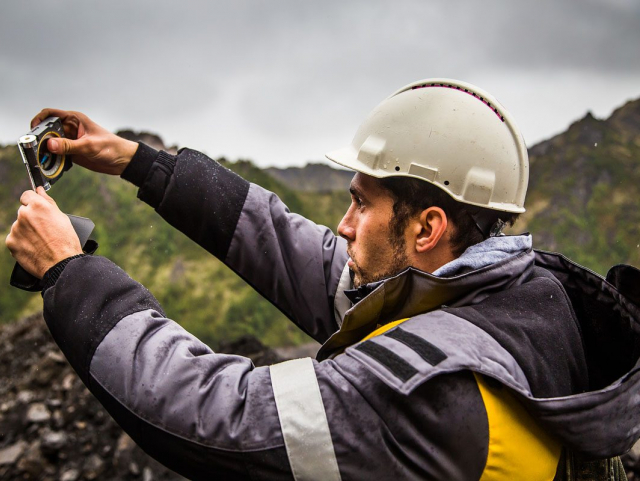
Drilling of hydrogeological exploration wells is an important process carried out to identify groundwater resources and assess their quality. This process consists of the following stages:
1. Preliminary Research and Planning
Geological and hydrogeological data of the area are collected.
Historical data and previous studies are studied.
The most suitable points for drilling wells are determined.
2. Geophysical and Geological Surveys
Geophysical measurements are carried out in the selected area (electrical exploration, seismic surveys, etc.).
The depth and potential of groundwater layers are determined.
3. Drilling Works
Wells are drilled using special drilling rigs.
The rocks extracted during drilling are analyzed.
The quality and productivity of water layers are assessed.
4. Testing and Monitoring
The flow rate of the wells and the chemical composition of the water are checked.
If necessary, additional filtration and purification systems are installed.
Long-term monitoring is carried out to track changes in water levels.
Application Areas
✅ Drinking and household water supply
✅ Irrigation systems in agriculture
✅ Water supply of industrial facilities
✅ Hydrogeological analyses in mining and construction areas